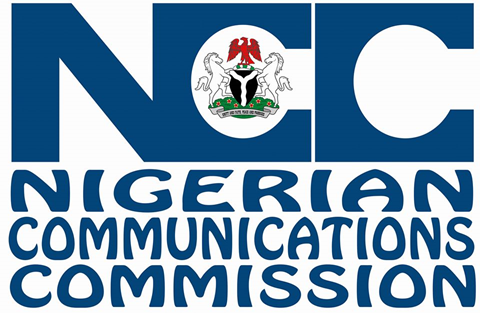With a weighted score of 3.91 points out 5.00, foreign exchange risk remains number one business risk for Nigerian corporates, according to KMPG in their latest “Top 10 business risks 2018/19” report made available to business a.m.
The report, which presents the top 10 risks for businesses operating in key sectors of the Nigerian economy in 2018 /19, indicates that political, security and interest rate risks weigh less on business performance and profitability than foreign exchange, fiscal and monetary policy, and regulatory risks which are in the top three positions.
The top 10 risks in descending order as outlined in the report include foreign exchange risk (3.91), fiscal and monetary policy risk (3.67), regulatory risk (3.57), crude oil price risk (3.56), brand and reputational risk (3.52), customer attrition risk (3.48), political risk (3.44), liquidity risk (3.41), insecurity risk (3.41) and interest rate risk (3.27).
“Despite notable measures undertaken by the Central Bank of Nigeria (CBN), the residual effects from the devaluation of the naira continue to weigh on corporates. Hence, executives are significantly concerned about foreign exchange and its impact on profitability,” the report highlighted, adding that executives are also considerably concerned about the effects fiscal and monetary policy risk may have on their strategic planning and the management of their core operations.
The report, however, indicated that despite a shift in the aggregate risk score from 2.77 points to 3.12 in 2018/19, the aggregate risk score depicts “medium risk” environment for Nigerian businesses in 2018.
Respondents to the KPMG survey also reflects the significant anxieties executives continue to have over regulatory uncertainty and sanctions, in light of increased regulatory scrutiny within the country.
KPMG said it surveyed 94 business executives to obtain their views about the risks they envisage would affect their organisations, with foreign exchange risk being the most cited.
“We computed an average score of the 31 risks to provide an overall sense of the magnitude of the risks faced by organisations in achieving their strategic objectives or hitting their profitability targets over the next 24 months,” KPMG said, adding that the objective of the report was to enable business executives to compare their views on the key risks with those of their peers.
“Relative to 2016, there was an upward shift from 2.77 to 3.12, suggesting an increase in the overall risk profile of the Nigerian business environment. This may not be unconnected with the fact that the top 5 risks have risk scores of >3.5, in contrast to 2016 where we had only the top 2 risks in that range.”
Key findings of the report are: An array of 31 risks was assessed by C-Suite Officers. 5 of which were rated high, 23 as medium and 3 as low, based on our rating methodology; the aggregate score for the risk assessment was 3.12, depicting a “medium risk” environment for Nigerian businesses in 2018; there was an upward shift in the aggregate risk score from 2.77 in 2016 to 3.12 in 2018, suggesting an increase in the overall risk profile of the Nigerian business environment; and that the number one risk for organisations in 2018 is foreign exchange risk arising from the high exchange rate in the foreign exchange market.
Other findings include two new entrants into the list of the top ten (10) risks that were presented in 2016, namely: reputational risk and customer attrition risk; 50% of the top 10 risks are reflective of the developments in the Nigerian political and macro-economic environment over the last two years and their outlook over the next two years, which comprises risks related to foreign exchange, fiscal & monetary uncertainty, crude oil price, interest rate and politics; and 50 percent of the top 10 risks are operational risks that can be managed for sustainable performance through deliberate focus and the right level of attention from the board and management, which comprises risks related to regulatory compliance, reputational loss, customer attrition, liquidity, and insecurity.
The report noted that cybersecurity risk, which did not make the list of top 10 risks, is one of the top five risks for the financial service institutions and Nigerian companies with multinational operations.
“This indicates that C-suite officers are increasingly concerned that they may not be sufficiently prepared to manage cyber threats that could significantly disrupt their core operations or damage their brand.”
KPMG, however, noted that macro-outlook for Nigeria is likely to be characterised by political instability, economic uncertainty, and social unrest, in the build-up to the 2019 general elections that could potentially distract policy-makers and delay investment decisions.
“Following the external nature of some of the highly rated risks, there is no doubt that some of our economic challenges, as a nation, are multi-faceted and require strategic regulatory interventions.
“There must be consistency around the policies of various regulators, which should tie into the overall policy thrust of the government. Government policies should be continually targeted towards making the Nigerian business environment sufficiently competitive to attract long-term investments,” the foremost consulting firm said.








